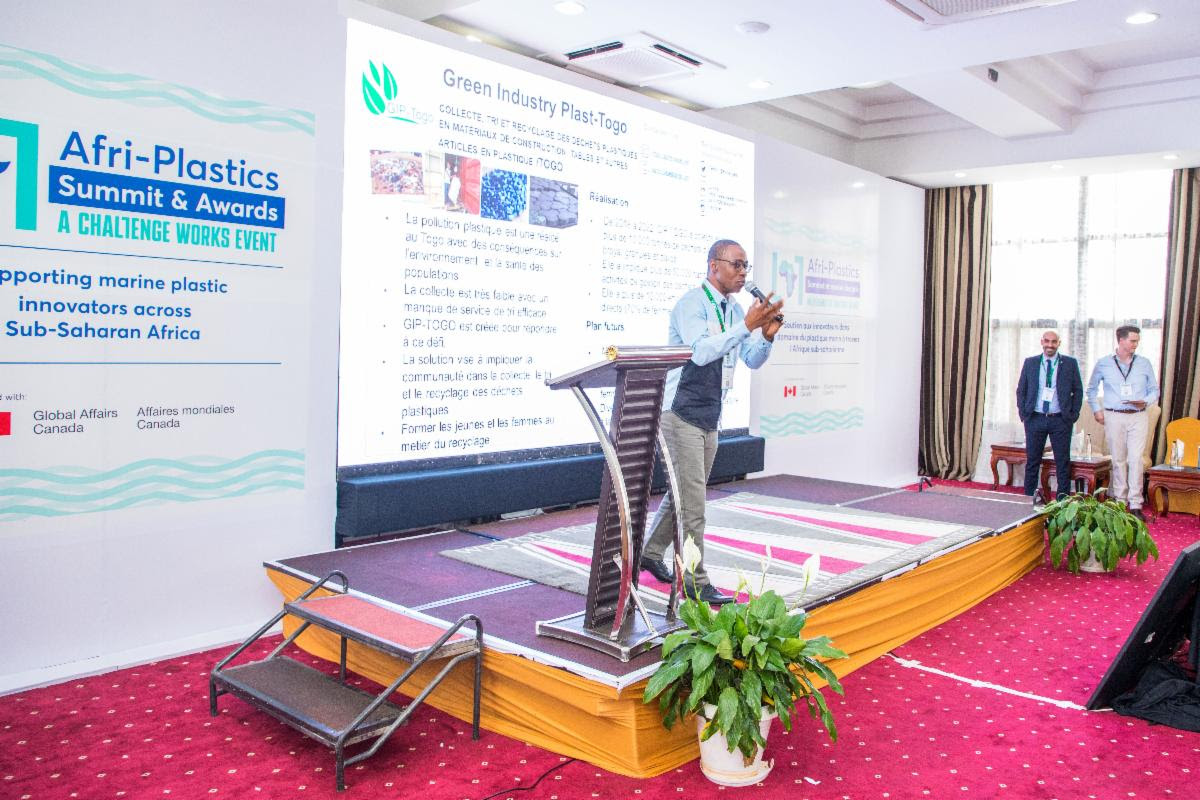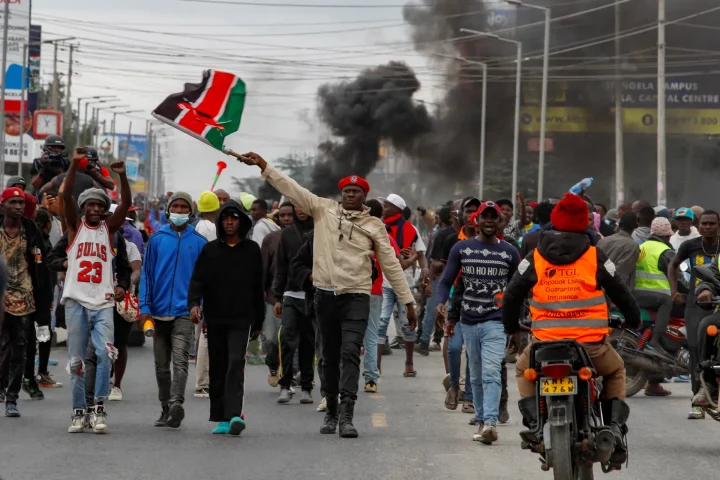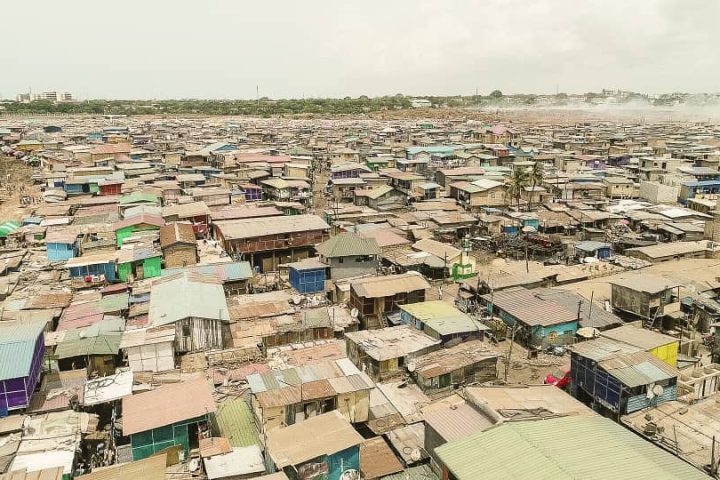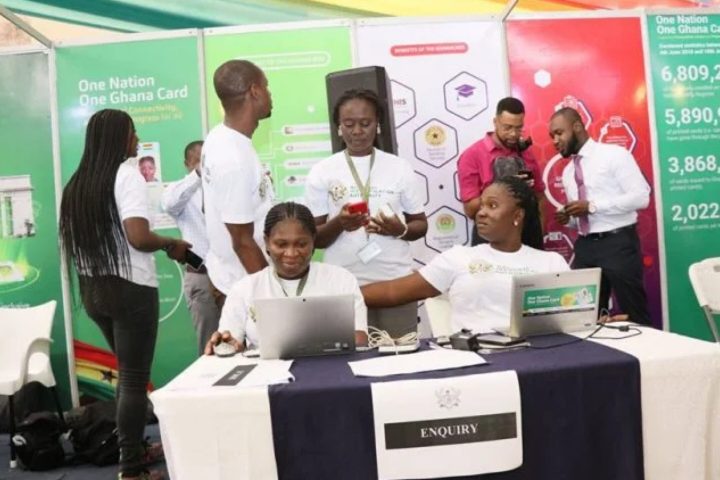Chanja Datti, a waste recycling company based in Abuja, Nigeria, is among eight African innovators in waste management announced as winners of the £4.1 million Afri-Plastics Challenge Prize by Challenge Works.
The prize award funded by the Government of Canada was to reward the companies for their trailblazing innovations in waste, especially plastic recycling in Africa, with the overall goal of curbing plastic pollution, protecting marine bodies and contributing to Green Revolution for a sustainable environment.
Join our WhatsApp ChannelChallenge Works and the Government of Canada on Thursday, 16th March 2023, announced the winners of the Afri-Plastics Challenge. The prize was awarded to innovators with scalable innovations that tackle plastic waste in Africa and reduce the volume of pollution making its way to the ocean, a statement from the African Media Agency said.
According to the statement, each of the innovators had varied amounts awarded to them, ranging from £1 million to £100,000.
Chanja Datti was awarded £750,000. It converts collected recyclable waste into commercially viable products. It collects, sorts and bails plastic before selling it to manufacturers.
Togo’s Green Industry Plast (GIP-TOGO), got £1 million award which is the highest among the eight winners. GIP-TOGO is a recycling business that helps households earn a living through the waste plastic collection. After receiving from waste collectors, it then sorts, shreds, cleans and bags the shredded plastic to be used again, including in ecological paving slabs.
Kenya’s Chemolex won £750,000 to scale production of Biopactic, a biodegradable alternative to plastic made from invasive water hyacinths that grow aggressively in Lake Victoria. The next-generation material can completely replace single-use plastic in food and product packaging – not only reducing plastic pollution but dealing with an invasive plant impacting Kenya’s marine ecosystem too.
Mega Gas, also in Kenya, won £500,000. The company converts waste plastic into affordable cooking gas for people living on less than US$1 a day. It is said to be using a thermal cracking process that creates no emissions, residue or pollution to turn plastic pollution, such as polythene, into fuel for rural families.
While commenting on the prize award, Managing Director, Challenge Works, Tris Dyson, said the winners are on a mission that is setting the stage for African innovation on waste recycling which is also at the heart of solving the global problem of environmental pollution.
His words: “11 million tonnes of plastic waste enter the ocean each year. It is a disaster for the environment and for communities reliant on healthy seas. The winners of the Afri-Plastics Challenge are putting African innovation at the heart of solving this global problem.”
“We are awarding more than £4 million to businesses that are already doubling recycling rates thanks to the Afri-Plastics Challenge while providing new sources of income for families, pioneering companies converting invasive plants in Lake Victoria into biodegradable materials and businesses creating affordable cooking gas from trash,” Dyson stated.
Canada’s High Commissioner in Nairobi, Kenya, Christopher Thornley said plastic pollution of any marine body is a global threat and stressed that it needs a concerted effort to tackle it. He commended the innovators for their noble roles in the green revolution mission.
“Plastic pollution is an issue that affects everyone. Plastics that make their way into the marine ecosystem are just as damaging whether they originated in Mombasa or Montreal, Lagos or London. The winners of the Afri-Plastics Challenge show there is a way forward for establishing a successful circular economy for plastic waste, with innovations capable of changing how we all use and dispose of plastic – not only in Africa but around the world,” Thornley said.
Other winners of the Afri-Plastic Challenge are:
- EcoCoCo Homecare (Kenya)was awarded £250,000. It has developed alternatives to plastic homeware products that use fibres from coconut husks left over from coconut oil production, including scouring pads, scrubbing brushes and brooms.
- Catharina Natang (Cameroon) – awarded £250,000 – training fashion designers in Africa to make sustainable choices in the textiles they use and understand plant-based alternatives to polymer-based materials.
- Toto Safi (Rwanda)was awarded £100,000. It is a diapers-on-demand service which makes sustainable cloth diapers a realistic alternative to single-use plastic-based nappies. Through its app, parents can order clean and sterilised nappies at an affordable cost, while used nappies are taken away to be cleaned.
- Ukwenza VR (Kenya)– awarded £250,000 – uses virtual reality to explain the journey of a piece of plastic after it is dumped, including the damage it does to local environments, to persuade people to make different choices around plastic consumption and disposal.
- Baus Taka Enterprise (Kenya)– awarded £250,000 – developed a mobile app to encourage people to segregate their plastic waste – through competitions it offers cash rewards and points that can be redeemed for medical services in partnership with health clinics.
Launched in July 2021, the Afri-Plastics Challenge received 1,141 entries from innovators across sub-Saharan Africa. The 40 most promising teams were backed with an additional £4.8 million of seed funding, grants and support to develop solutions to increase plastic recycling rates, reduce volumes of plastic waste, and influence behaviour change.
The successful innovations developed through the Afri-Plastics Challenge have paved the way to revolutionise Africa’s approach to reducing reliance on plastic. They are also supporting the empowerment of women and girls by creating economic opportunities for women. 60 per cent of entries that made it to the final 40 were women-led.
The Afri-Plastics Challenge is designed and delivered by UK innovation prize experts Challenge Works and funded by the Government of Canada. It is an element of the $100-million Marine Litter Mitigation Fund announced by Prime Minister Justin Trudeau at the G7 Leaders’ Summit in Charlevoix in June 2018.
Innovators focused on recycling solutions reported a 113% increase in monthly collecting and processing during the prize. In the long-term, the development and scaling of the innovators’ solutions will lead to the creation of new, sustainable local enterprises, creating alternatives to single-use plastics and improving the collection and processing of waste.
Victor Ezeja is a passionate journalist with seven years of experience writing on economy, politics and energy. He holds a Master's degree in Mass Communication.

















Follow Us